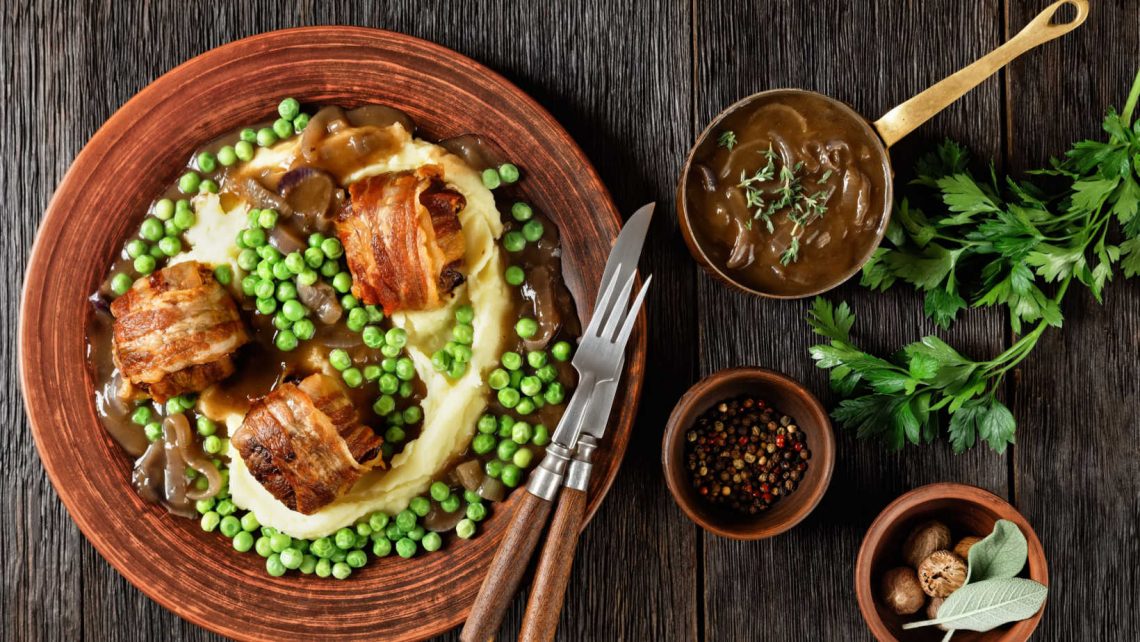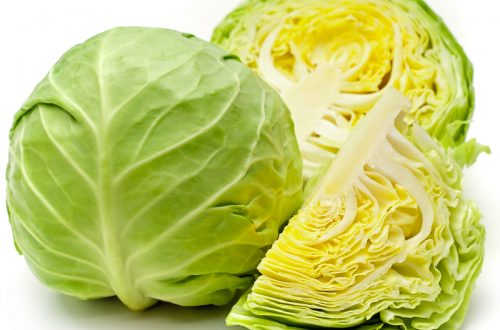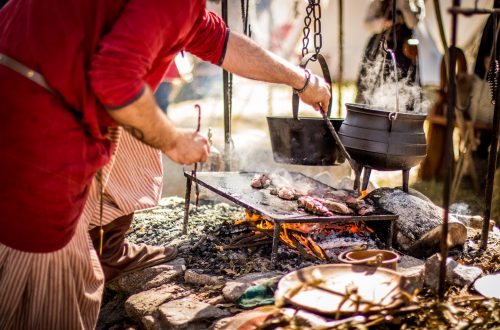
Royal Treatment for the Food of the British Isles
The UK has just finished celebrating British Food Fortnight, an event that commenced two decades ago to encourage consumers to buy from local farms. The idea was that the fun of a national celebration would encourage people to actively seek out locally sourced food when shopping and eating out. The inspiration was the annual harvest festivals, when communities traditionally gathered to celebrate the produce of the land. It’s now one of the biggest celebrations in the UK.
British Food Fortnight organizers have set up a whole series of ways to highlight local food and the farmers and producers who provide it:
- Activities, food lessons, and special menus in schools (in 2021, more than 1 million children were fed fresh local food in school)
- Menu promotions in pubs, restaurants, hotels, and visitor attractions
- “Love British Food” menus in hospitals and care homes
- Themed menus in universities
- Promotions, meet-the-producer events, and tastings in shops and markets
- Special menus across the foodservice sector from restaurants to sports venues
- An annual competition to find the most imaginative community event
What a great idea. This is a total program, not just mouthing some platitudes. Here in the U.S., we should follow their example because we’re going to need these local producers in the future. Not only is it good for the community; it’s also better for the environment. And, in the process, we get food that’s fresher, more flavorful, and more healthful for us.
What the British Food Fortnight accents
And what food are they celebrating? It’s not just fish and chips, shepherd’s pie, and pasties. The Love British Food Website comprises roughly 100 different main-dish recipes incorporating ingredients native to the British Isles: beef, lamb, pork, the various root vegetables, beans, and greens. That’s not to mention the seafood garnered from the local fisheries. The site also highlights almost 30 vegetable dishes along with recipes for sweets, puddings, and breakfast entrees.
For example, the main dishes include autumn lamb with blackberries and honey as well as slow-roasted aromatic beef brisket. If fish is your wont, there’s marinated trout with BBQ asparagus and sea bass with asparagus, cherry tomatoes, and basil butter.
A lot of food to love
Clearly, these selections are well beyond the toad in the hole, kedgeree, or Cullen skink one usually associates with the British Isles. These surely are traditional, beloved dishes, but they don’t necessarily highlight the freshest and most tasty ingredients that could be found in local markets. Confit Cornish Sardines with black garlic risotto is a far cry from rollmops. And you might not expect spaghetti with Cornish crab and cherry tomatoes. Most of us probably wouldn’t turn down a British blue egg and tomahawk steak with burnt spring onions and roasted sweet potato wedges. (Although you might turn up your nose at faggots and mushy peas – shown above and looking more appetizing than you might guess – a Welsh specialty that I happened to relish on a trip there.)
Many of the recipes are fare that could be found around an American table: Hereford beef stew; harissa mac and cheese; pulled pork with caramelized apples and sage; or smoky barbecue pulled-pork sliders. The main idea behind the recipes and photos is to encourage the audience to try something new and fresh and local. They also encourage the local folks to share their favorite recipes, noting that the joy of food is sharing.
Why couldn’t we do something similar here? Imagine a New England Food Fortnight. We have the fish, the farms, and the fruit. Or, better yet, an American Harvest Food Festival. Imagine what we could learn and what we could share.
To comment, please click on “Read in Browser” or on the headline to view the blog on the website. You can log in and comment at the end of the blog to share your thoughts and start a discussion.
If you’d like to share the blog, click on the Facebook icon or one of the others. Thanks!




